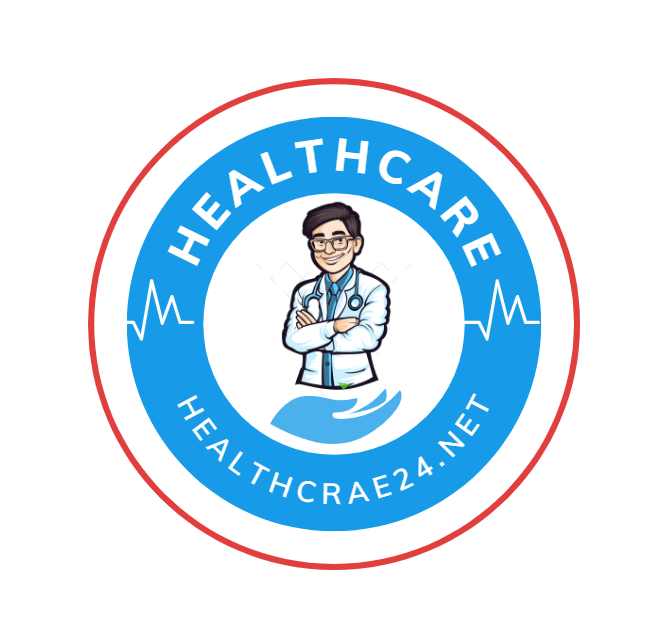
Whether you’re a competitive athlete or just someone going about their everyday business injuries are an inevitable part of life. After an accident the body goes through a healing process and in order to properly support recovery the right nutrition is needed. Comprehending the significance of nourishment in this procedure is imperative to expedite recuperation and restore ideal well being.
1.Introduction
2.Understanding the Role of Macronutrients
2.1Carbohydrates
2.2.Fats
3.Micronutrients Essential for Recovery
3.1.Vitamins
3.2.Minerals
4.Hydration and Its Impact on Recovery
4.1.Anti-Inflammatory Foods for Speedy Recovery
5.Foods to Avoid During Recovery
6.Meal Timing and Frequency
7.Supplements for Enhanced Recovery
8.The Role of Rest and Sleep
9.Mental Health and Nutrition in Recovery
10.The Role of Rest and Sleep
11.Mental Health and Nutrition in Recovery
12. Sample Meal Plan for Injury Recovery
13.Real-Life Success Stories
14.Conclusion
Introduction
Resting the injured body part is only one aspect of injury healing. another is giving the body the vital nutrients it requires to rebuild damaged tissues and restore strength. In this process nutrition is essential because it provides the building blocks for tissue regeneration and boosts the immune system.
Understanding the Role of Macronutrients
Carbohydrates
The body uses carbohydrates as its main energy source to power daily functions as well as the healing process. For long lasting energy choose complex carbs like those found in fruits vegetables and whole grains.
Proteins
In order to rebuild and repair damaged tissues proteins are essential. Every meal should include lean protein sources including fish poultry tofu and lentils to aid with muscle repair.
Fats
Good fats support cellular repair and reduce inflammation. To aid in the healing process include foods high in omega 3 fatty acids such as walnuts flaxseeds and salmon in your diet.
Micronutrients Essential for Recovery
Vitamins
Important functions of vitamins like C, D and E include boosting immunity and lowering oxidative stress. Include a range of fruits vegetables and fortified foods in your diet to guarantee that you are getting enough of these vitamins.
Minerals
Calcium magnesium and zinc are among the minerals that are necessary for healthy bones and tissue regeneration. Consume foods high in calcium such as dairy nuts seeds and leafy greens to help you replenish minerals as you heal.
Hydration and Its Impact on Recovery
Maintaining normal body processes and enabling nutrient delivery to cells need drinking enough of water. Throughout the day try to stay hydrated especially before during and after strenuous exercise.
Anti-Inflammatory Foods for Speedy Recovery
Anti inflammatory foods such as berries leafy greens ginger and turmeric can help speed up the healing process after an injury and reduce inflammation.
Foods to Avoid During Recovery

Certain meals can impede the healing process by making it more difficult to absorb nutrients or by causing inflammation. For the best possible recovery cut out on processed foods sugary snacks and alcohol.
Meal Timing and Frequency
Consuming well planned meals on a regular basis guarantees a consistent flow of nutrients to aid in the healing process. Try to have two or three snacks and three main meals spread out equally throughout the day.
Supplements for Enhanced Recovery
Supplementation could be required in some circumstances to close nutrient gaps and aid in the healing process. To find out if collagen glucosamine or turmeric supplements are right for you and your recuperation speak with a medical practitioner.
The Role of Rest and Sleep
Sleep and rest are crucial parts of the healing process because they enable the body to rebuild energy reserves and mend damaged tissues. Set aside time each day to prioritise restorative activities and aim for 7 to 9 hours of decent sleep.
Mental Health and Nutrition in Recovery
A positive outlook and placing mental health first are essential components of the healing process. Use stress-reduction strategies and if necessary ask friends family or a mental health professional for assistance.
Tailoring Nutrition for Specific Injuries
Specific dietary requirements may apply to different kinds of injuries. See a doctor or dietitian for advice on how to adjust your diet to meet the unique needs of your injury and recovery schedule.
Sample Meal Plan for Injury Recovery
• Breakfast: Oatmeal with berries and nuts
• Snack: Greek yogurt with honey and almonds
• Lunch: Grilled chicken salad with mixed greens and avocado
• Snack: Whole grain crackers with hummus
• Dinner: Baked salmon with quinoa and roasted vegetables
Tips for Incorporating Nutrient-Dense Foods
• Plan and prepare meals ahead of time to ensure nutrient-rich options are readily available.
• Experiment with new recipes and ingredients to keep meals interesting and enjoyable.
• Choose whole minimally processed foods whenever possible to maximize nutrient intake.
Real-Life Success Stories
Learn from others who have effectively recovered from injuries by altering their diet and way of living encouraging others to put their health and wellbeing first in trying times.
Conclusion
A balanced nutrient rich diet is crucial for assisting the body’s healing process and encouraging the best possible healing following an accident. People can speed up their healing process and resume their active lifestyles with strength and resilience by emphasising whole meals drinking plenty of water getting enough sleep and taking care of their mental health.
FAQs
1. Can nutrition really impact the speed of injury recovery?
• Of course! Giving the body the nutrition it needs promotes immune system activity lowers inflammation and supports tissue repair all of which are critical for a quick recovery.
1. Are there any specific foods I should avoid during injury recovery?
• Of course! Giving the body the nutrition it needs promotes immune system activity lowers inflammation and supports tissue repair all of which are critical for a quick recovery.
1. Do I need to take supplements during injury recovery?
• Although your body should ideally get all the nutrients it needs from a well balanced diet there are situations where supplements may be required. Seek advice from a medical expert for tailored suggestions.
1. How soon should I start focusing on nutrition after sustaining an injury?
• Setting nutrition as a top priority for healing never happens too early. The faster and more efficient the healing process can be the earlier you begin giving your body the vital nutrients it requires.
1. Can mental health impact injury recovery?
• Indeed. A person’s perception of pain stress levels and general resilience are all influenced by their mental health which is why mental health is important for the healing process. During recuperation it’s crucial to look after your emotional health in addition to your physical health.
